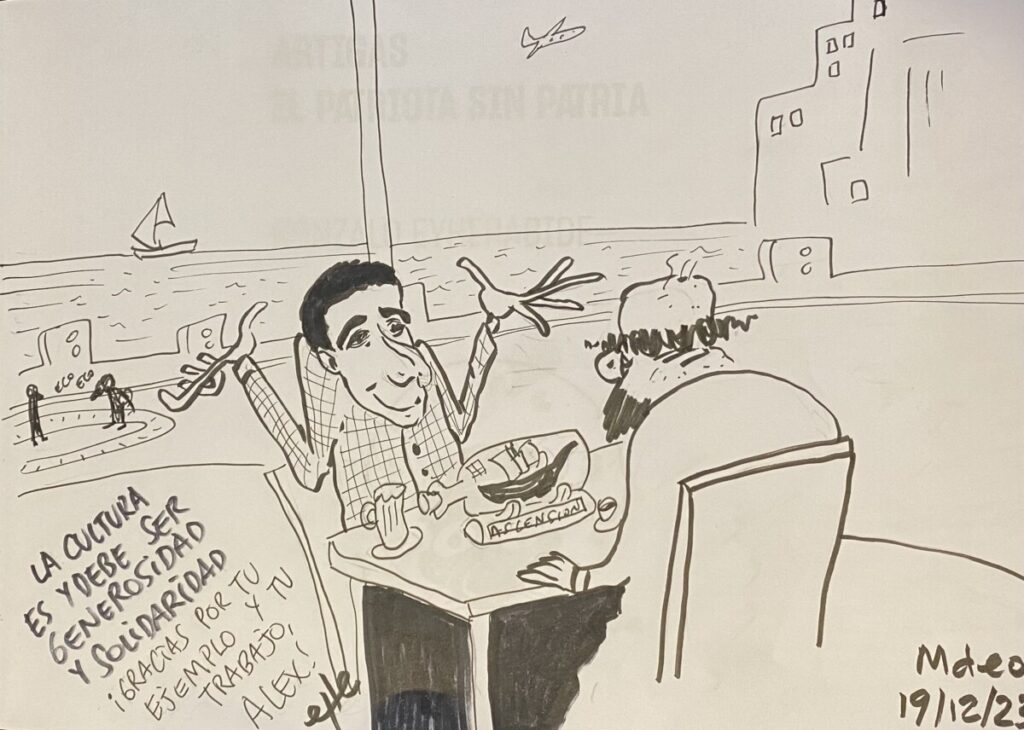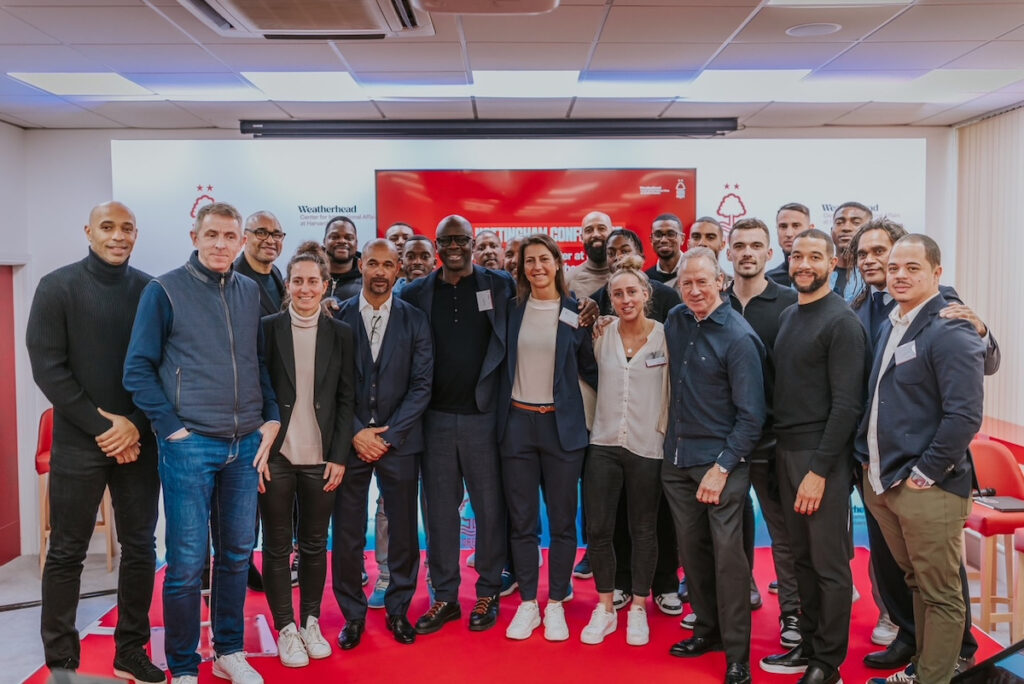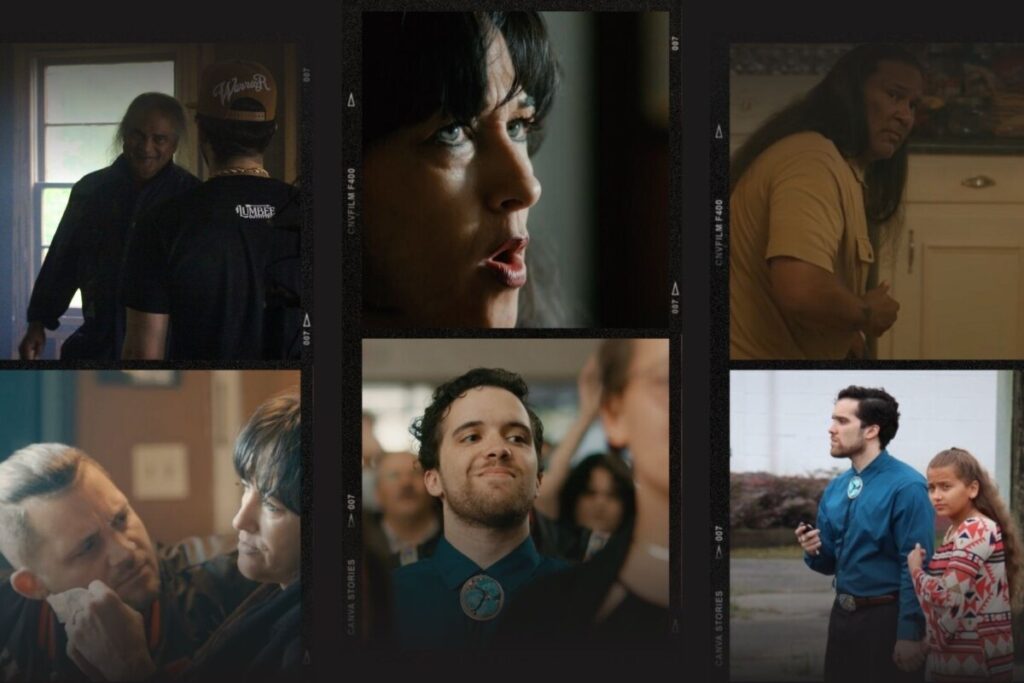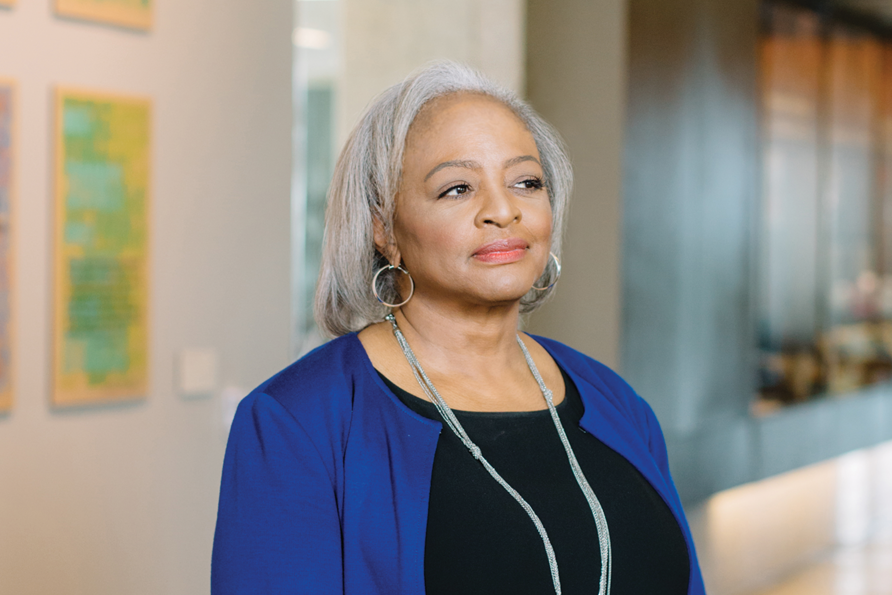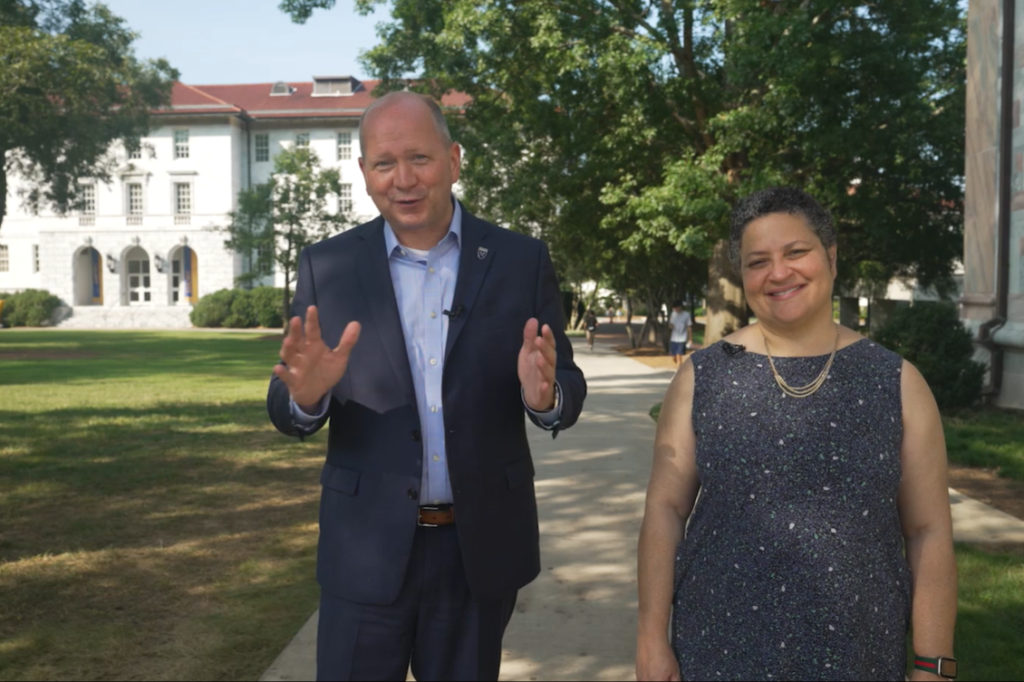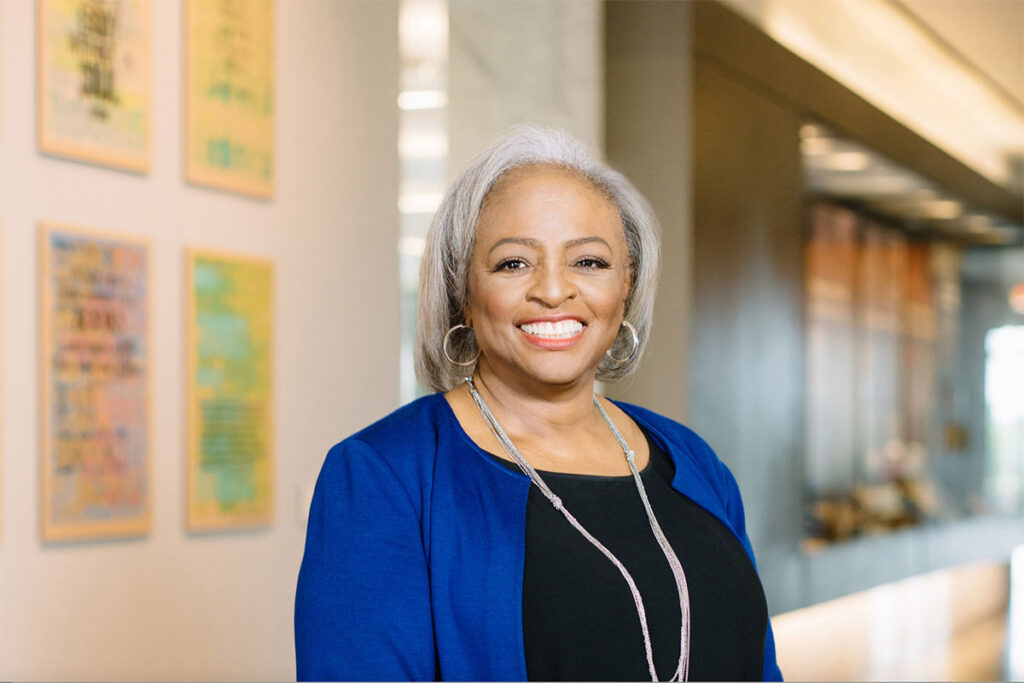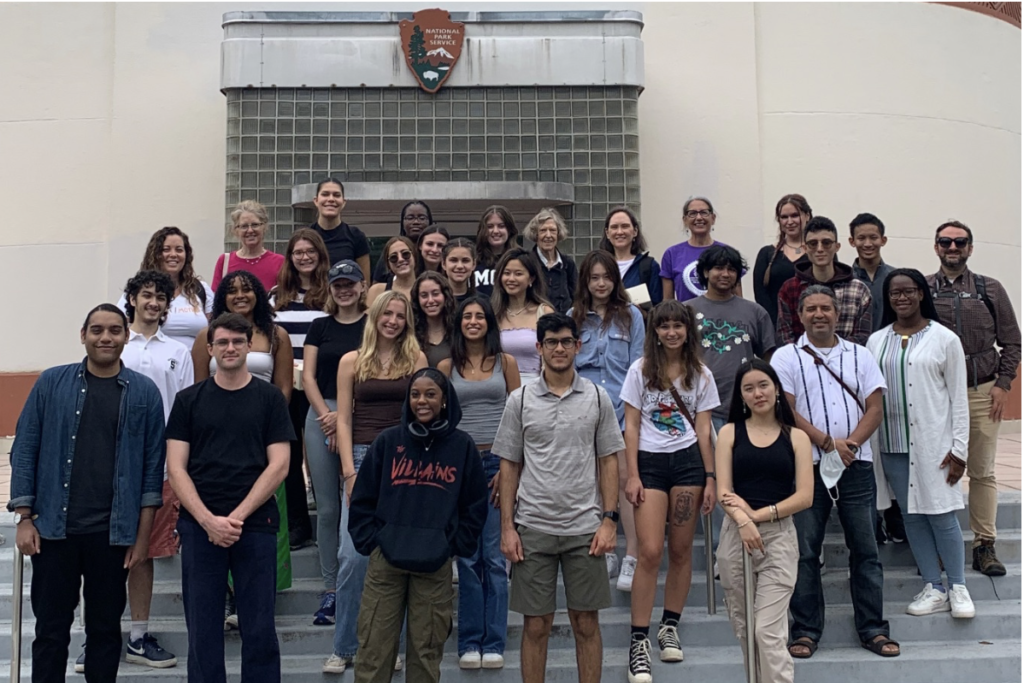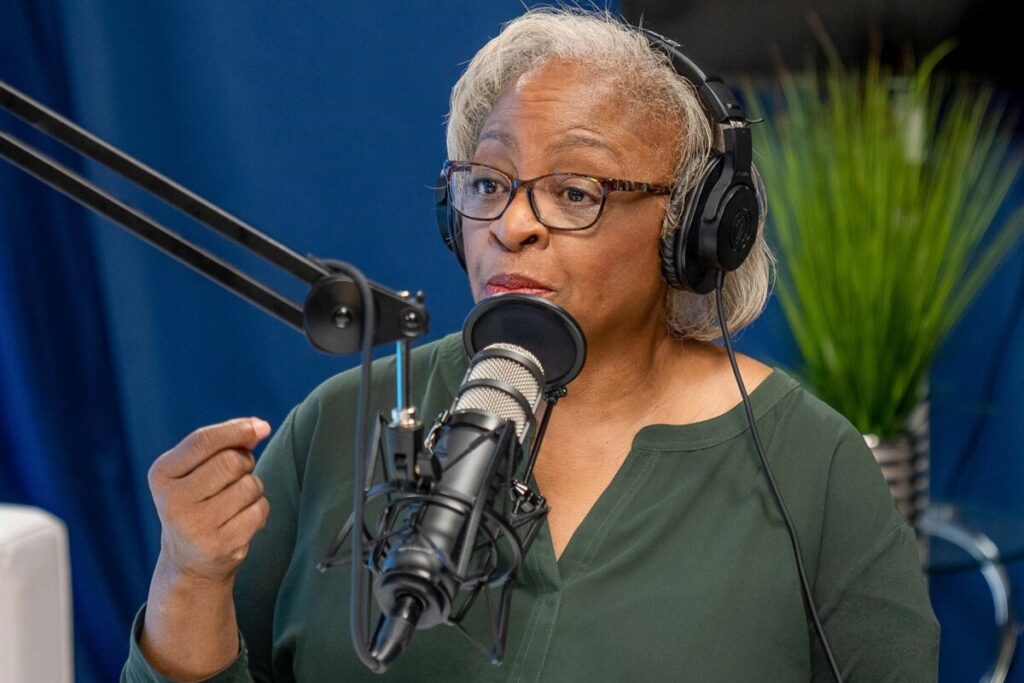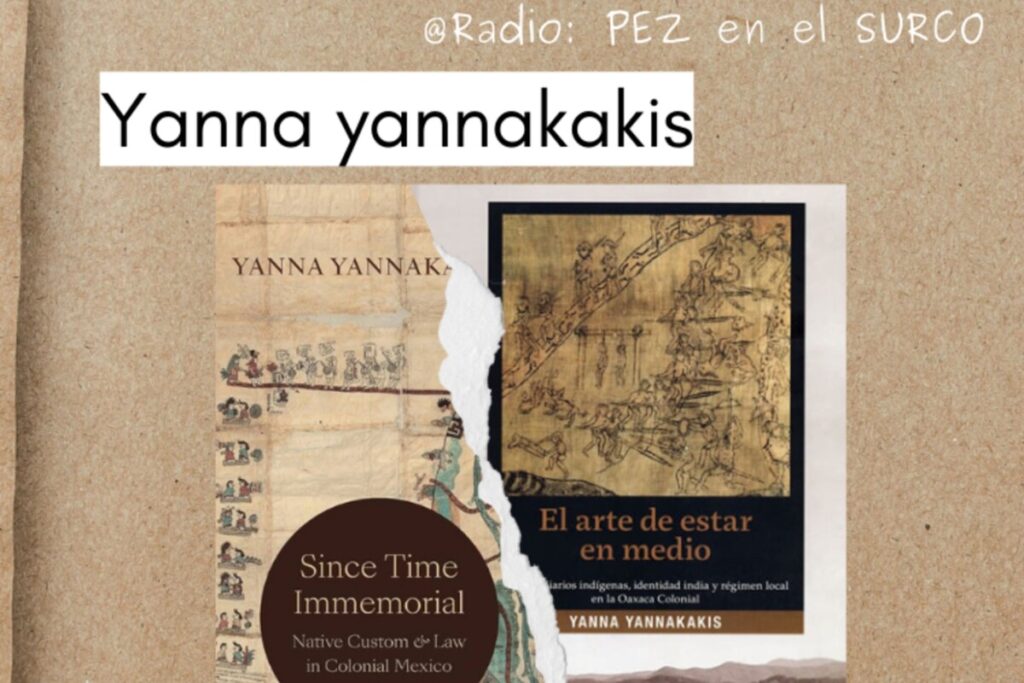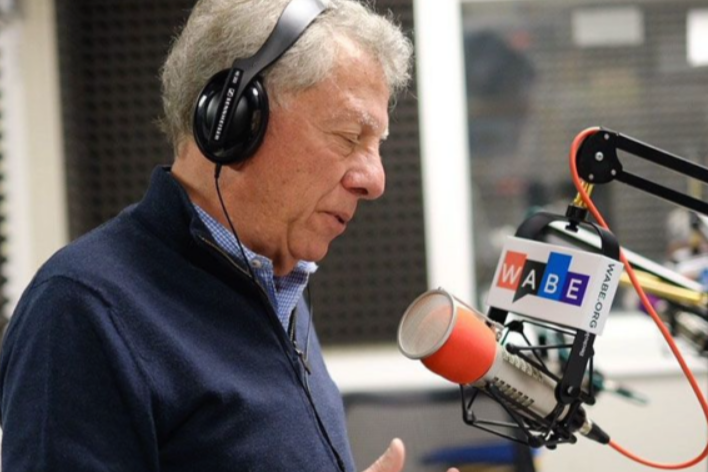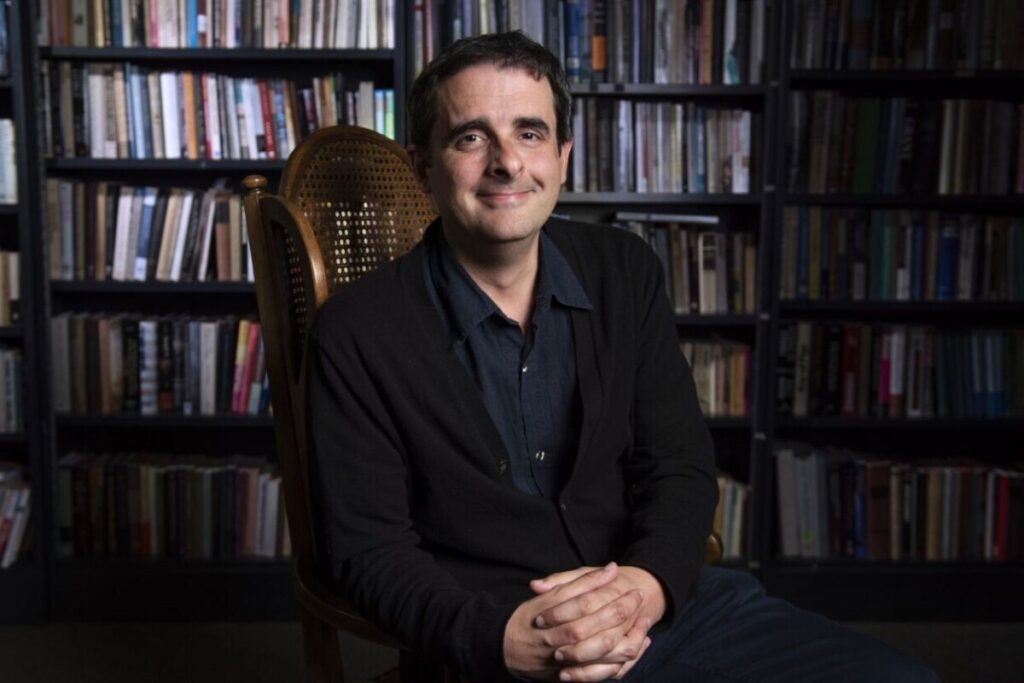
The History Department was delighted to receive an update from Dr. Alex Borucki, a 2011 alumnus of the graduate program and Professor of History at the University of California Irvine. Read Borucki’s update below:
“I have worked in collaborative research since my days in Bowden Hall by witnessing the creation of the Slave Voyages website fifteen years ago, but I engaged in a radically different way of teamwork more recently.
“In 2021, the writer/cartoonist/marketing mastermind Gonzalo Eyherabide asked me for historical guidance because he was creating a graphic history, or historieta histórica in Spanish, about Joaquín Artigas, an African man who had fought in the wars of independence in the early 1800s Uruguay, and who was enslaved to the family of Uruguay’s founding father, José Artigas.
“As a result of two years of emails and discussions, Gonzalo adapted my article about the U.S. slave ship Ascension to recreate the story of Joaquín’s enslavement in Mozambique (because we knew Joaquín was from there) and, subsequently, his forced crossing of the South Atlantic.
“Early in 2023, Artigas: Un Patriota sin Patria was published in Montevideo, selling 3000 copies in a semester, and a second edition was released by the end of 2023. I met Gonzalo while visiting Montevideo last December when he gifted me a copy of his beautiful work. He also drew on the first blank page of the book a fine depiction of me and him talking in the bar next to the Río de la Plata, or River Plate, where we usually met. He added this inscription: ‘Culture is and must be generosity and solidarity,’ which encapsulates some of the best collaborative research outcomes.”
